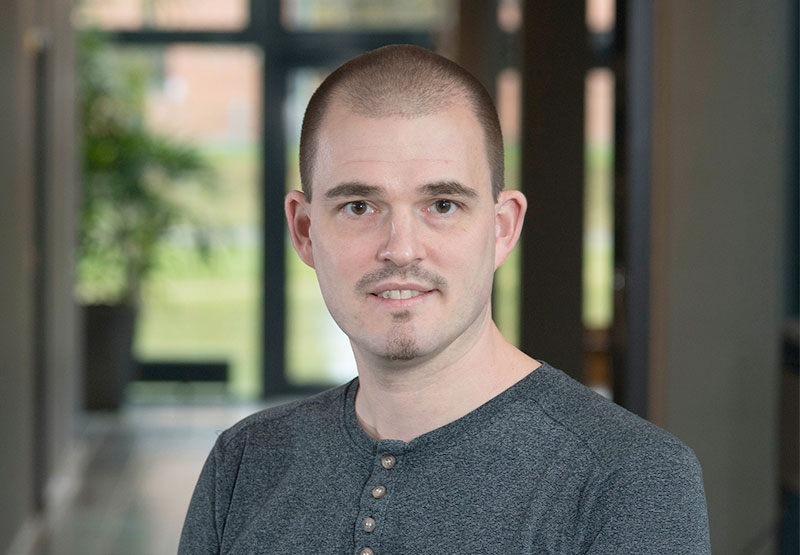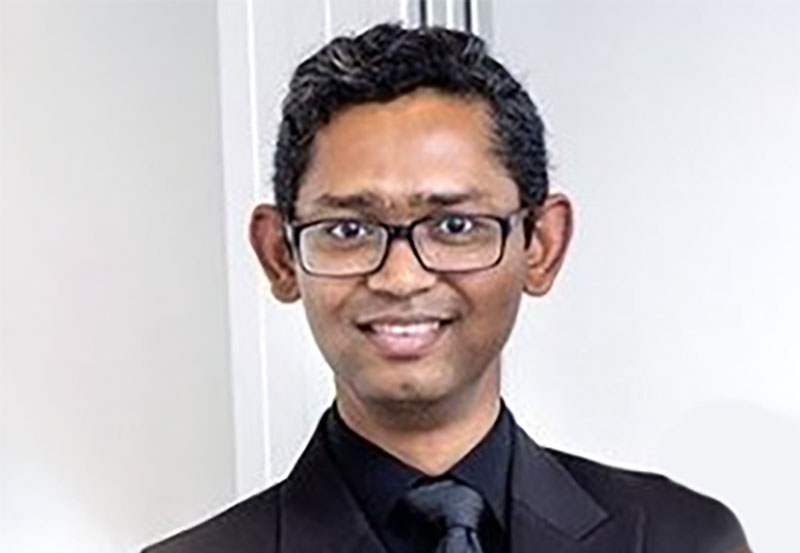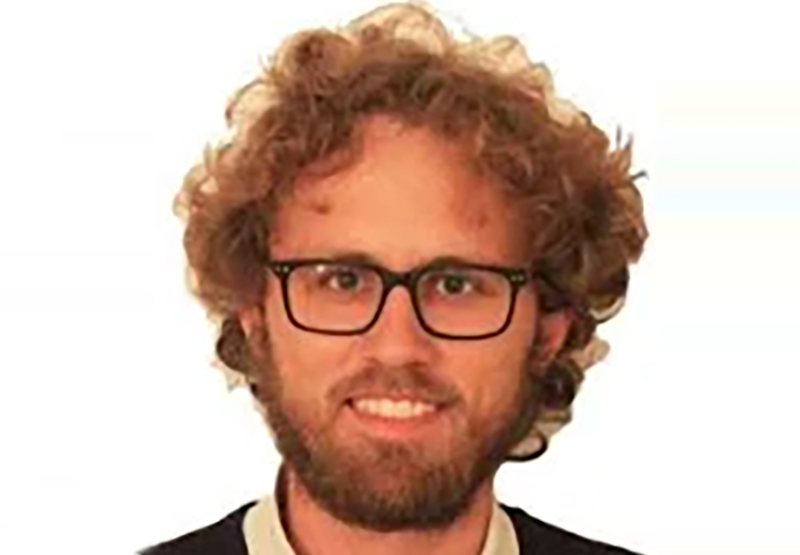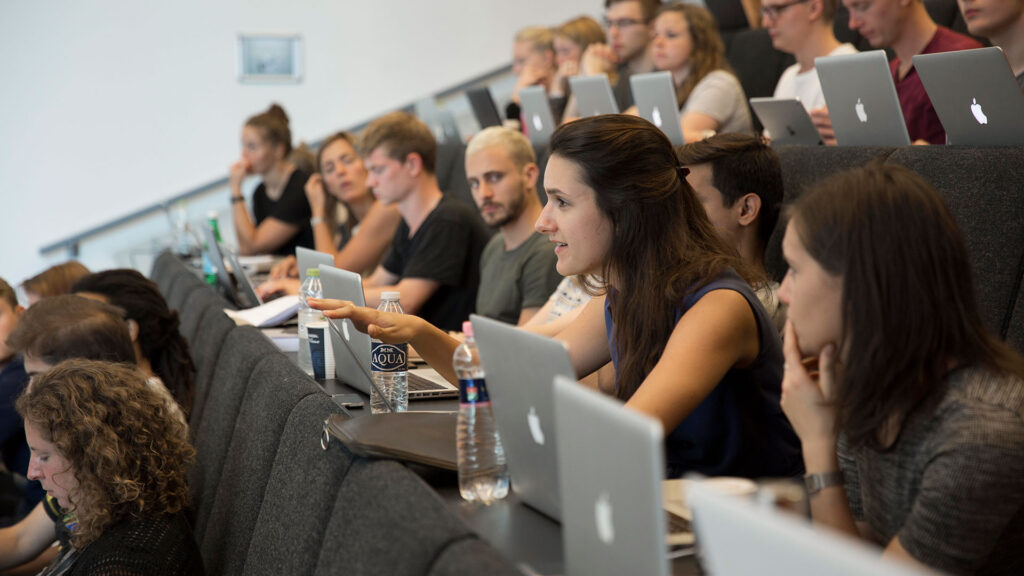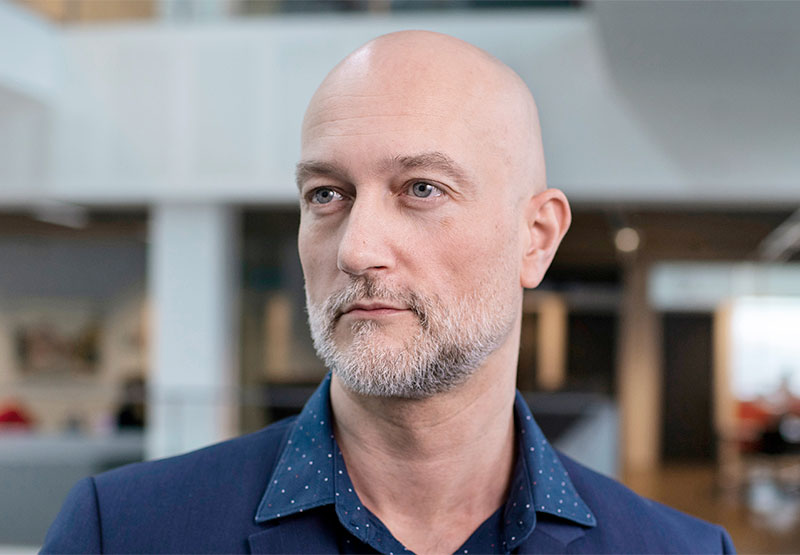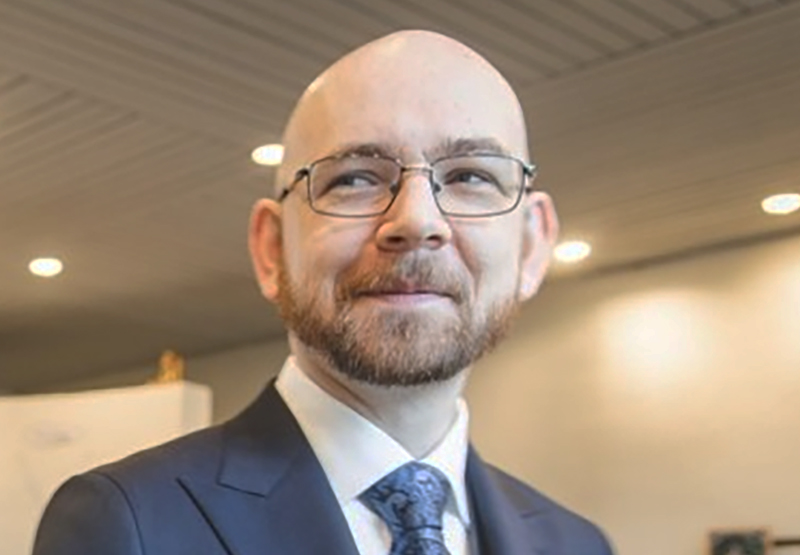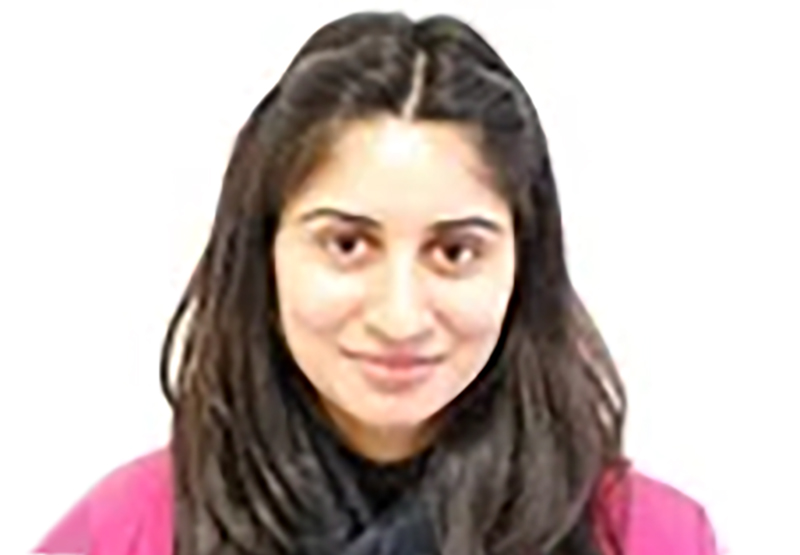DIREC project
Initiatives to improve recruitment and retention of IT students
Summary
Denmark needs more IT specialists. But how do we get more young people to study computer science and become IT specialist? This project, consisting of two subprojects, focuses on initiatives that can improve both recruitment and retention of a larger but also more diverse group of young people e.g., female students and students without prior programming experience.
Diversity or Not: Heterogeneous vs Homogeneous study groups
The first subproject Diversity or Not: Heterogeneous vs Homogeneous Student Groups? will study the effect of diversity on the formation of CS student groups. The intent is to uncover evidence to issue recommendations on how to best form project groups. We expect this knowledge to be beneficial for the recruitment and retention of students as well as for the diversity of students.
Value Creation
We expect the outcomes of this project will create significant value for primarily the Danish universities, but also for the Danish tech industry (technology companies). The project intends to derive research-based recommendations on how to best form (student) project groups. Since group work is so widespread in Computer Science education in all of Denmark to foster communication and collaboration skills in connection with a problem, it is important to figure out what works best. This will strengthen the CS education in Denmark.
Studying the impact of diversity on project groups will also be important as a proxy for professional groups in a work context, beyond university (with the obvious external threats to validity of this generalization). We expect this knowledge to be beneficial for the recruitment and retention of students as well as for the diversity of the students (e.g., female students and students without prior programming experience). Aside from the experiments themselves and their findings, we intend to also create and publsh (and seek independent generic approval of) generic experimental protocols for how to ethically and responsibly conduct such group diversity-performance experiments. This includes how to quantify group diversity and group performance. We imagine these generic experimental protocols would be relevant for other studies and companies seeking to specialize them in order to conduct their own more specific instances of the experiments. This also includes ethical considerations surrounding similar student experiments and how to make them ethically safe(r)
D-Pop – A Danish Annual Programming and Problemsolving Event
Summary
The second subproject D-Pop – A Danish Annual Programming and Problem Solving Event will plan, organize, and implement physical D-Pop events at Danish CS departments aimed at young people who are beginning programmers at all levels. The participants get increased programming skills and another perspective on programming and problem solving because focus is on collaboration, creativity, and curiosity.
We expect the events to have a positive effect on recruitment and retention of students as well as for the diversity of students.
Value Creation
The expected results of D-Pop are:
1. Dramatically increased programming skills among participants. This is the expected outcome of just participating, akin to training in any other skill, and includes improved programming language mastery, problem solving skills, resilience, collaboration skills, debugging, and computational problem solving (in particular, algorithmic thinking). This competence boost is independent of the rung of the competence ladder on which the participant starts. I don’t need to reiterate the problems with recruitment of technically competent IT professionals in Denmark.
2. Increased exposure and recruitment. D-Pop complements the existing pallette of outreach and recruitment activities currently used by Danish CS departments. Compared with similar events, D-Pop content is designed with a focus on immediate, satisfying, and positive feedback to beginning programmers, but in a way that is both honest and values competence, agency, and collaboration. Scalability is built into D-Pop’s infrastructure (both technical and social from the start.
3. Establishment of a national network of problem setters. The value of this extends beyond D-Pop and immediately includes teaching material for high schools and universities. For another example, the Danish High School Informatics Olympiad (Dansk datalogidyst, of which Thore is a founding steering committee member) is in many aspects an opposite of D-Pop: it is individual, highly competitive, participation is restricted. However, the requirements to the network of people needed to “make DDD work” is identical to that of D-Pop. We are very far behind in Denmark on this compared to our Nordic neighbours. (Not to speak of other countries, where these activities are multi-million dollar industries.)
Participants
Project Manager - project 1
Claus Brabrand
Professor
IT University of Copenhagen
Department of Computer Science
E: brabrand@itu.dk
Project Manager - project 2
Jacob Nørbjerg
Associate Professor
Copenhagen Business School
Department of Digitalization
Samuel Alberg Thrysøe
Associate Professor
Aarhus University
Department of Computer Science
Louise Barkhuus
Professor
IT University of Copenhagen
Department of Computer Science
Kim Normann Andersen
Professor
Copenhagen Business School
Department of Digitalization




